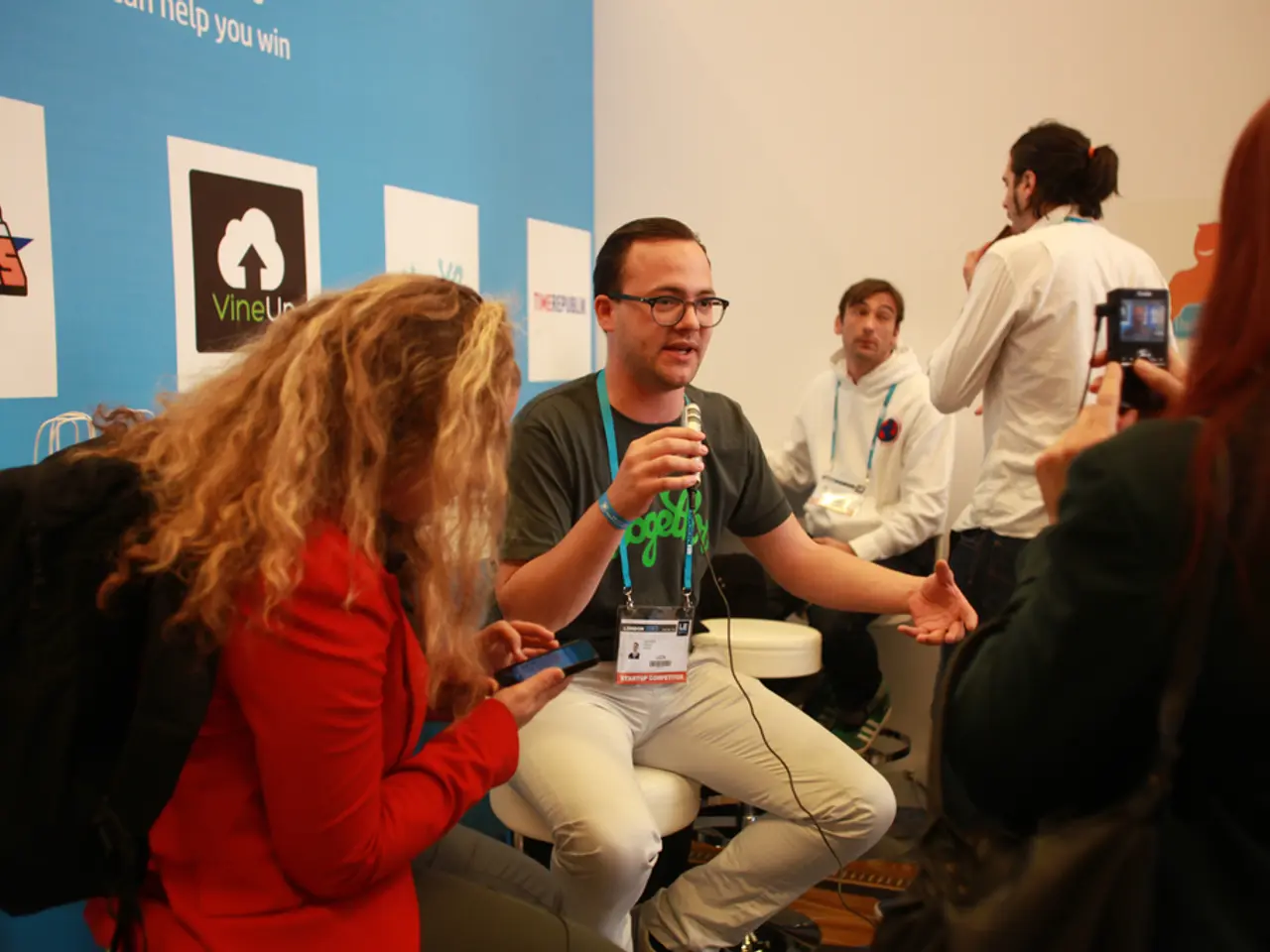Strategies and Methods for Boosting Confidence during Behavioral Job Interviews
Navigating a behavioral interview can be a daunting task, but with the right approach, you can shine and showcase your fit for the role. Here's a step-by-step guide to help you prepare effectively.
The STAR Method and Effective Storytelling
The STAR method - Situation, Task, Action, Result - is a powerful tool for structuring your responses to behavioral interview questions. To begin, develop a set of concise, structured stories that highlight your past experiences. Each story should clearly outline the context, your responsibility or challenge, the steps you took, and the outcome.
Building a "Story Bank"
Aim to have 8-10 STAR-formatted experiences from work, volunteering, or academics ready to be used for various questions. This "story bank" will ensure you're prepared for a wide range of scenarios.
Brevity and Clarity
Practice brevity and clarity to make your stories compelling yet concise. Avoid unnecessary details and focus on the core of your storytelling - the concrete steps you personally took and the impact of your actions.
Quantifiable Results
Use quantifiable results to demonstrate the impact of your actions. For example, "increased sales by 15%" or "resolved an issue in 48 hours."
Reflection and Learning
Reflect on what each experience taught you or how it helped you grow. This will make your stories memorable and insightful.
Other Tips for Success
Practice and Refinement
Practice delivering your stories within about 2 minutes to keep your answers focused and engaging. Practicing in front of a mirror or recording yourself can offer valuable insights into your delivery and body language.
Mindset and Confidence
Every experience, positive or negative, has shaped you and is something to take pride in. Affirmations like "I am capable" or "I possess the qualities they're looking for" can reinforce self-belief.
Interview Day
Treat the day of an interview as an important milestone, not an overwhelming event. Reframing the interview as a conversation rather than an interrogation can reduce anxiety.
Dress for Success
Dressing in a way that makes you feel your best can significantly boost your confidence.
Health and Wellness
A healthy breakfast, including protein-rich options and whole grains, is recommended on the day of the interview. A good night's sleep before the interview is essential.
Mock Interviews
Mock interviews with friends or family members can offer constructive feedback. A little exercise can boost confidence levels and alleviate stress before an interview.
Each interview is a learning opportunity, turning potential setbacks into stepping stones for future progress. Confidence is cultivated through consistent practice and resilience.
For a more comprehensive learning journey, explore this external site: The Amazon Writing Sample
Remember, with the right preparation and mindset, you can excel in a behavioral interview and showcase your fit for the role. Good luck!
- During a behavioral interview, using the STAR method can help you effectively structure your responses, making it easier to highlight experiences that demonstrate your suitability for the role.
- Building a "story bank" containing 8-10 STAR-formatted experiences allows you to be prepared for a diverse range of questions, ensuring you’re ready to share your skills and accomplishments.
- Being clear, concise, and using quantifiable results in your stories will make them more impactful and memorable to a potential employer.
- Reflecting on the lessons learned and growth experienced from each event will add depth and relevance to your stories, making them more interesting and insightful.
- While preparing for a behavioral interview, engaging in mock interviews, taking care of your health and wellness, and practicing self-affirmations can lead to increased confidence, reduced stress, and a successful job search.




